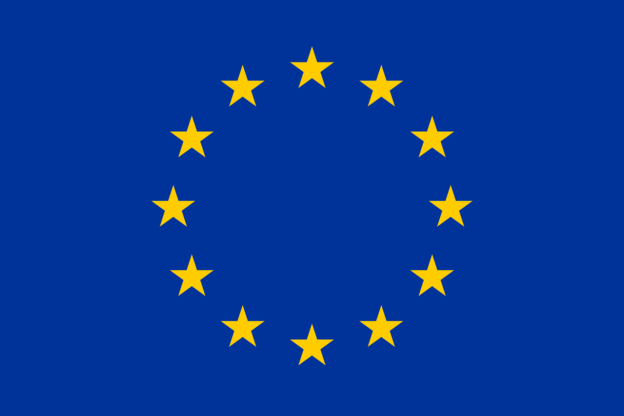Effective export controls of DUIs largely depend on the awareness and active commitment of the industry to comply with the regulations in force. It is therefore incumbent on exporters who exchange DUIs to comply with the export control regulations and to refrain from participating in transactions when problems arise with respect to their use for proliferation purposes.
To this end, companies typically put in place a set of internal policies and procedures, also known as “Internal Compliance Program” (“ICP”), to ensure compliance with European and national DUI export control laws and regulations.
As a reminder, from a legal point of view, Council Regulation (EC) No 428/2009 does not explicitly refer to the mechanism of the ICP, it invites, however, Member States to take into account the application by the exporter of proportionate and adequate means and procedures to ensure compliance with the provisions and objectives of the Regulation. As a result, in some Member States, the implementation of an ICP gives exporters access to simplified procedures for obtaining DUI export authorizations. For its part, the Commission’s proposal to modernize the EU’s export controls will further increase private sector awareness of the export control regime and the need for an effective ICP.
To support exporters’ efforts to ensure compliance with DUI regulations, the European Commission and EU Member States have set up a technical expert group to draft guidance, as a non-binding instrument, identifying essential elements for an effective IPC. This draft Guide focuses on the following 7 basic elements:
- Management commitment to compliance;
- Organizational structure, responsibilities and resources;
- Training and awareness;
- Process and procedures for filtering transactions;
- Review of performance, audits, reporting and corrective actions;
- Archiving and documentation;
- Physical security and information.
Thus, the draft Guide describes possible solutions for developing or implementing internal compliance procedures. In addition, the project contains a series of frequently asked questions about ICPs and provides a list of diversion risk indicators and suspicious information signs.
The Commission has decided to conduct a public inquiry offering exporters the opportunity to provide their views and comments on the draft Guide. The questionnaire and the draft Guide are available at this point in English on the following link.
The public consultation is open for a period of two months and will end on November 15, 2018.

